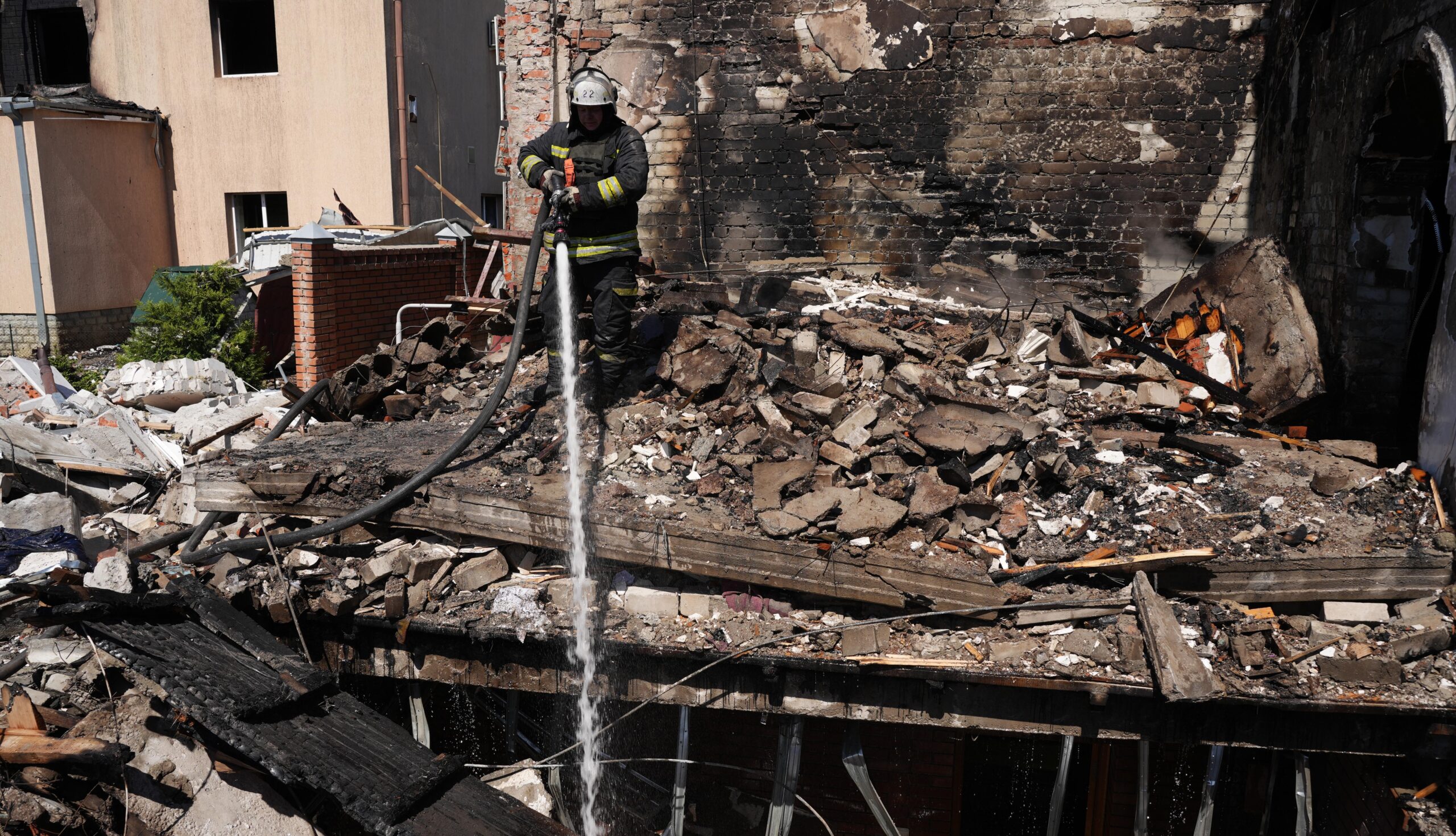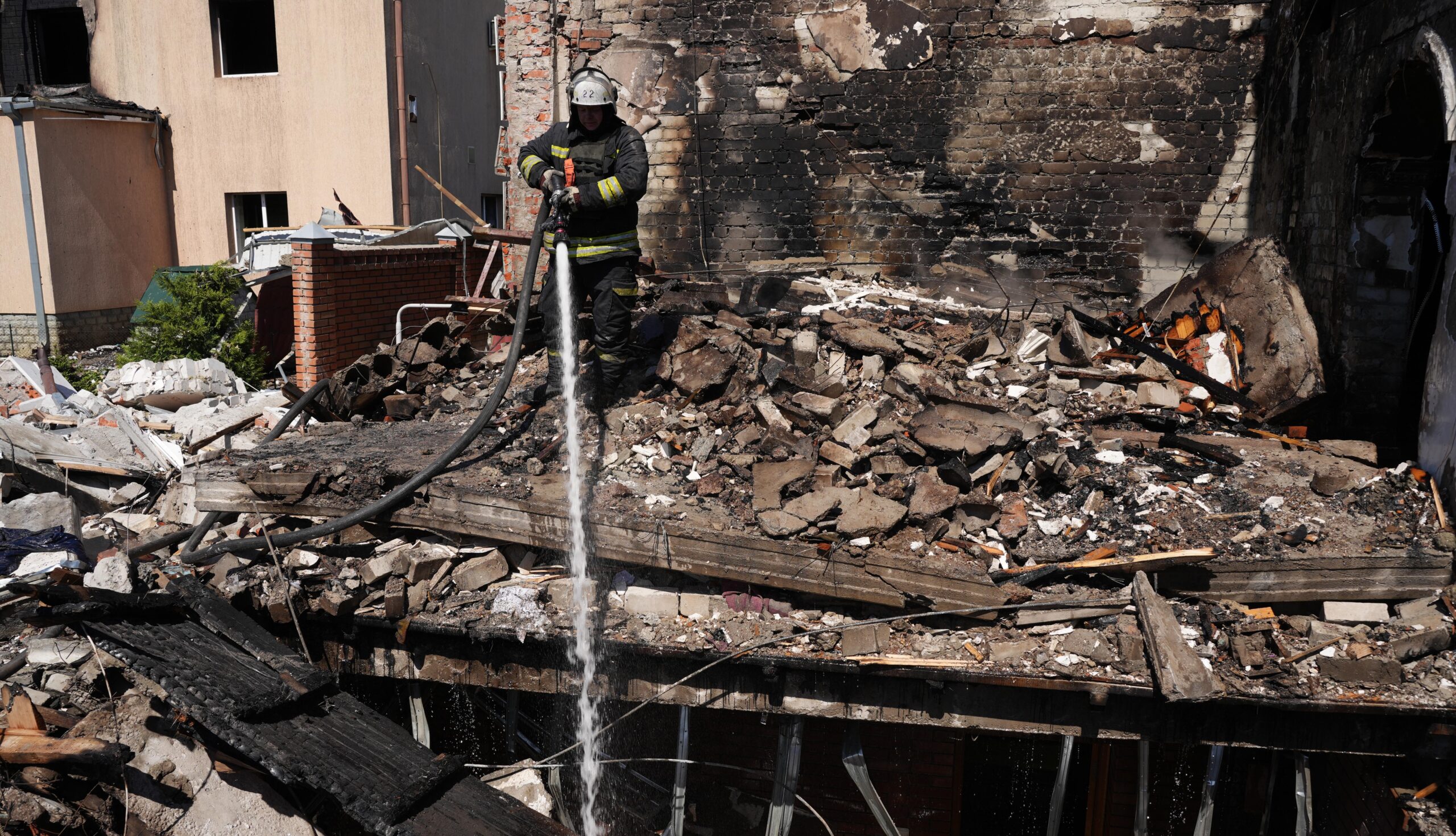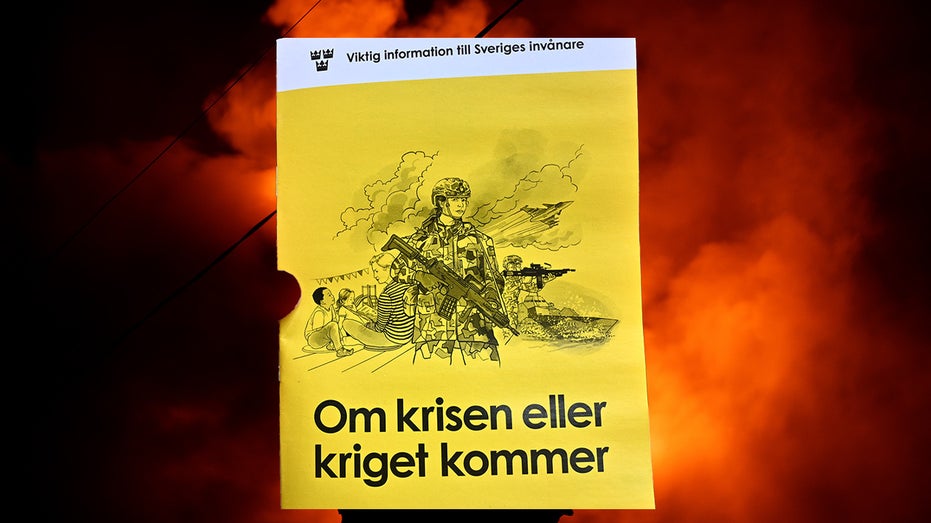
Nordic Countries Escalate Civil Preparedness Amid Security Concerns
The Nordic countries, traditionally known for their neutrality, are increasingly taking proactive measures to prepare their citizens for potential emergencies, ranging from natural disasters to wartime scenarios. This shift has been primarily influenced by the deteriorating security situation in Northern Europe, particularly due to the ongoing conflict in Ukraine.
Sweden’s Response: New Guidance for Citizens
On a significant note, Sweden has recently distributed updated guidance booklets to millions of its citizens, offering critical information on how to respond to crises. The booklet, titled “In Case of Crisis or War,” is a comprehensive update to a pamphlet first published six years ago, reflecting the changing security landscape across Europe. The latest edition is nearly double the length of its predecessor, highlighting the growing need for preparedness.
The issuance of such preparedness materials is not a novel concept for Sweden; the country has a history of providing citizens with guidance since World War II. The initial pamphlet, called “If War Comes,” was updated during the Cold War era as well. The central message articulated in the latest edition remains clear: “If Sweden is attacked by another country, we will never give up. All information suggesting that we should cease resistance is false.”
A New Era of Security: NATO Membership
Earlier this year, Sweden transitioned from its long-standing neutral stance to join NATO, mirroring Finland’s decision to pursue membership following Russia’s invasion of Ukraine in 2022. This marks a pivotal moment for these traditionally neutral nations, signaling a readiness to align with collective defense protocols in the face of security threats.
Voices from Leadership: Urgent Calls for Preparedness
Swedish Civil Defense Minister, Carl-Oskar Bohlin, has been unambiguous regarding the urgency for preparedness, asserting that there is a real possibility of war in Sweden. He emphasized the necessity for officials to expedite plans to strengthen the country’s defenses. This proactive stance reflects a broader recognition among Nordic leaders that they must equip their societies for unforeseen challenges.
Finland’s Digital Approach: Staying Prepared
In a parallel initiative, Finland, which shares an extensive border with Russia, has also taken measures to bolster its crisis preparedness. Despite its history of neutrality, Finland joined NATO in 2023, reinforcing its commitment to collective security. Recently, the Finnish government opted for a digital approach in disseminating information by providing crisis preparedness materials online, a cost-effective alternative to printed booklets.
While the government asserts that it is “well-prepared for self-defense,” citizens are also reminded to be vigilant. They are advised to prepare for potential disruptions that may not necessarily involve a military invasion but could include essential services such as prolonged power or water outages, as well as disruptions to banking and internet services.
Norway’s Initiatives: A Call for Self-Sufficiency
Norway, a founding NATO member since 1949, has also ramped up its efforts in fostering civil preparedness. The Norwegian government has released pamphlets advising citizens to be ready for a week of self-sufficiency in the event of war, crises, or severe weather events. Over two million pamphlets have been disseminated, urging Norwegians to stock essential supplies such as canned food, pasta, pet food, water, matches, candles, and first aid kits.
Importantly, the Norwegian government has included guidance on iodine tablets, which are to be taken only under specific official instructions in the event of a nuclear incident. This careful approach reinforces the notion that preparedness is not only about immediate needs but also about long-term planning in case of a radiological emergency.
Denmark Joins in the Call for Preparedness
Denmark has echoed similar sentiments, urging its citizens to accumulate at least three days’ worth of essential supplies, preparing them for unexpected crises. The call for increased self-sufficiency underscores a growing consensus among the Nordic countries that readiness is paramount in today’s uncertain geopolitical climate.
International Context and the Reaction to Russia
Amid these developments, Western leaders are closely monitoring the situation surrounding the war in Ukraine. As tensions rise, warnings have been issued to Russia regarding any potential moves against NATO member nations. The collective message from NATO’s 32 member states is clear: any attack on a member country will provoke a united and decisive response from the alliance.
The Path Ahead: A Unified Nordic Approach
The swift actions taken by the Nordic nations reflect a collective acknowledgement of the pressing need for readiness in an increasingly volatile environment. As they prepare their citizens for potential crises, these countries are navigating a complex transition from neutrality to a proactive security posture that embraces collective defense and self-sufficiency. The path ahead is undoubtedly fraught with challenges, but the unity and determination exhibited by these nations signify their commitment to safeguarding their citizens and their sovereignty against emerging threats.


















